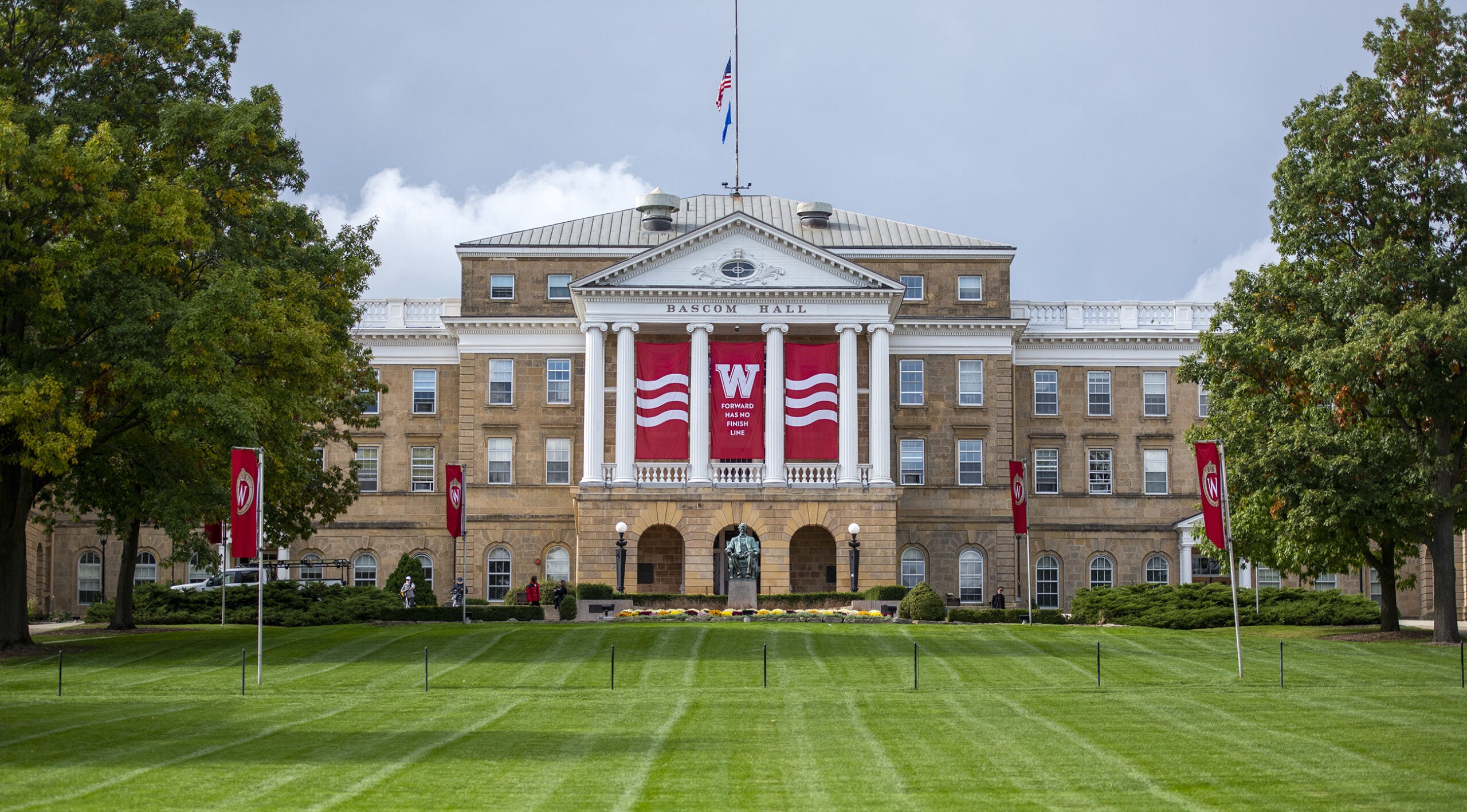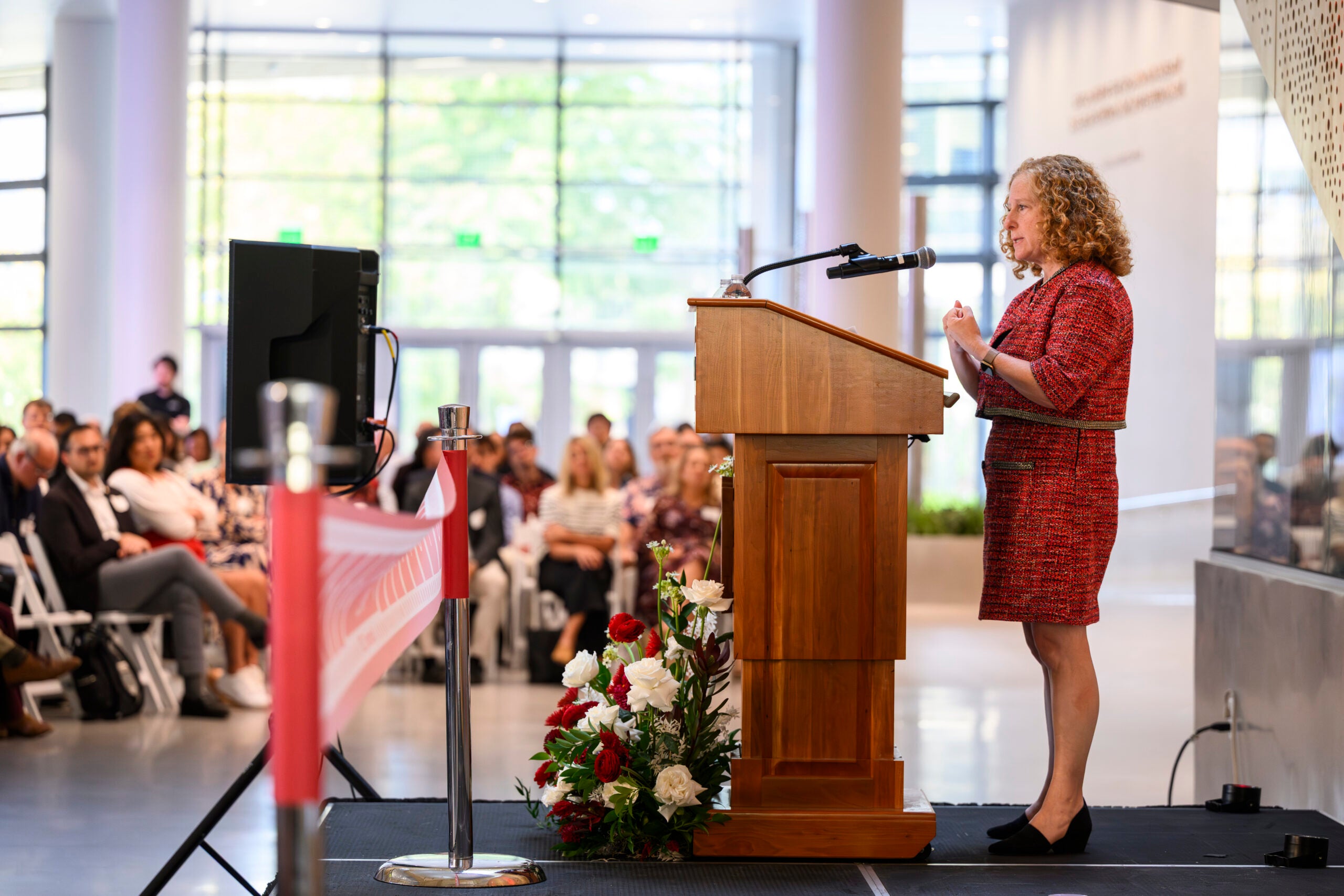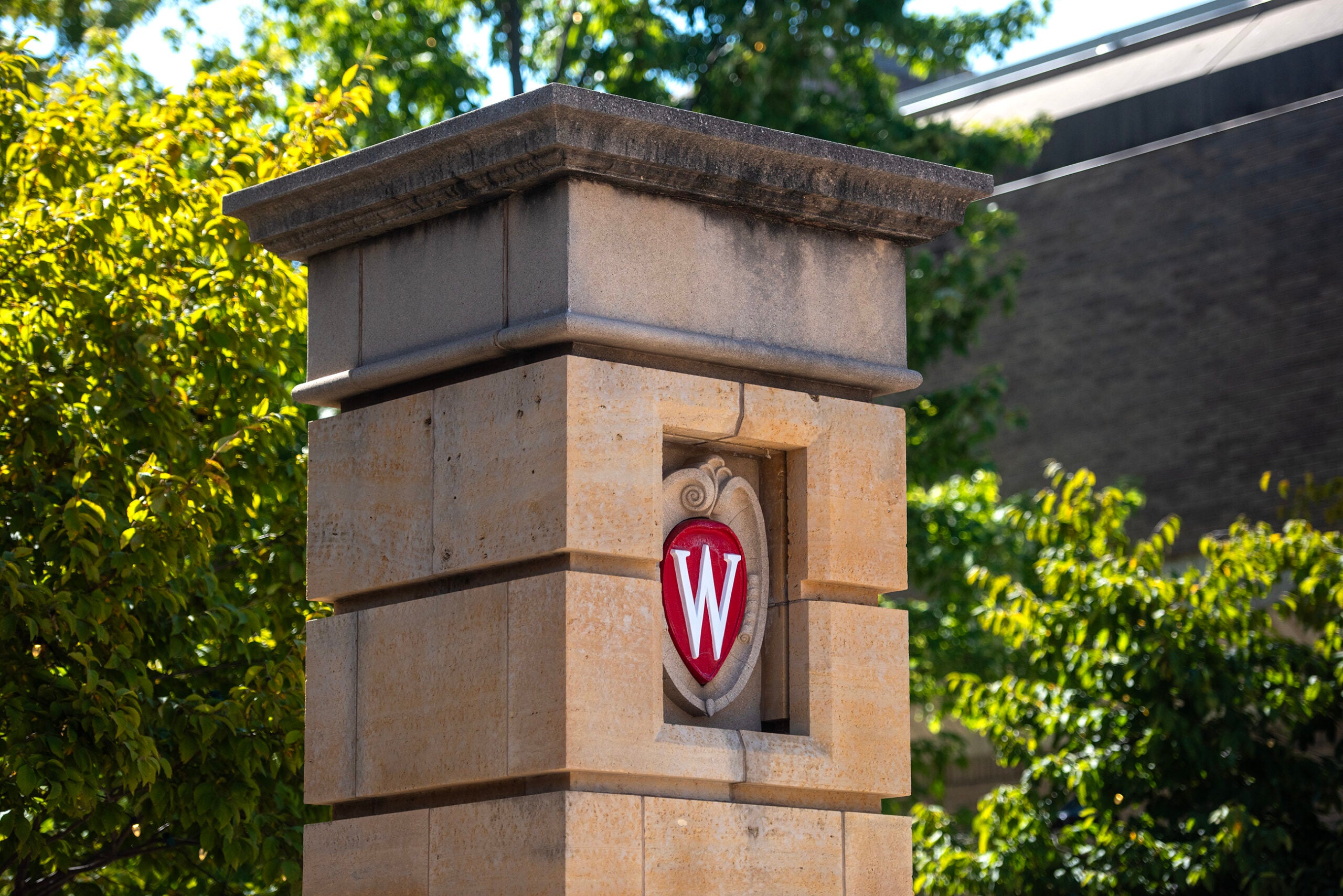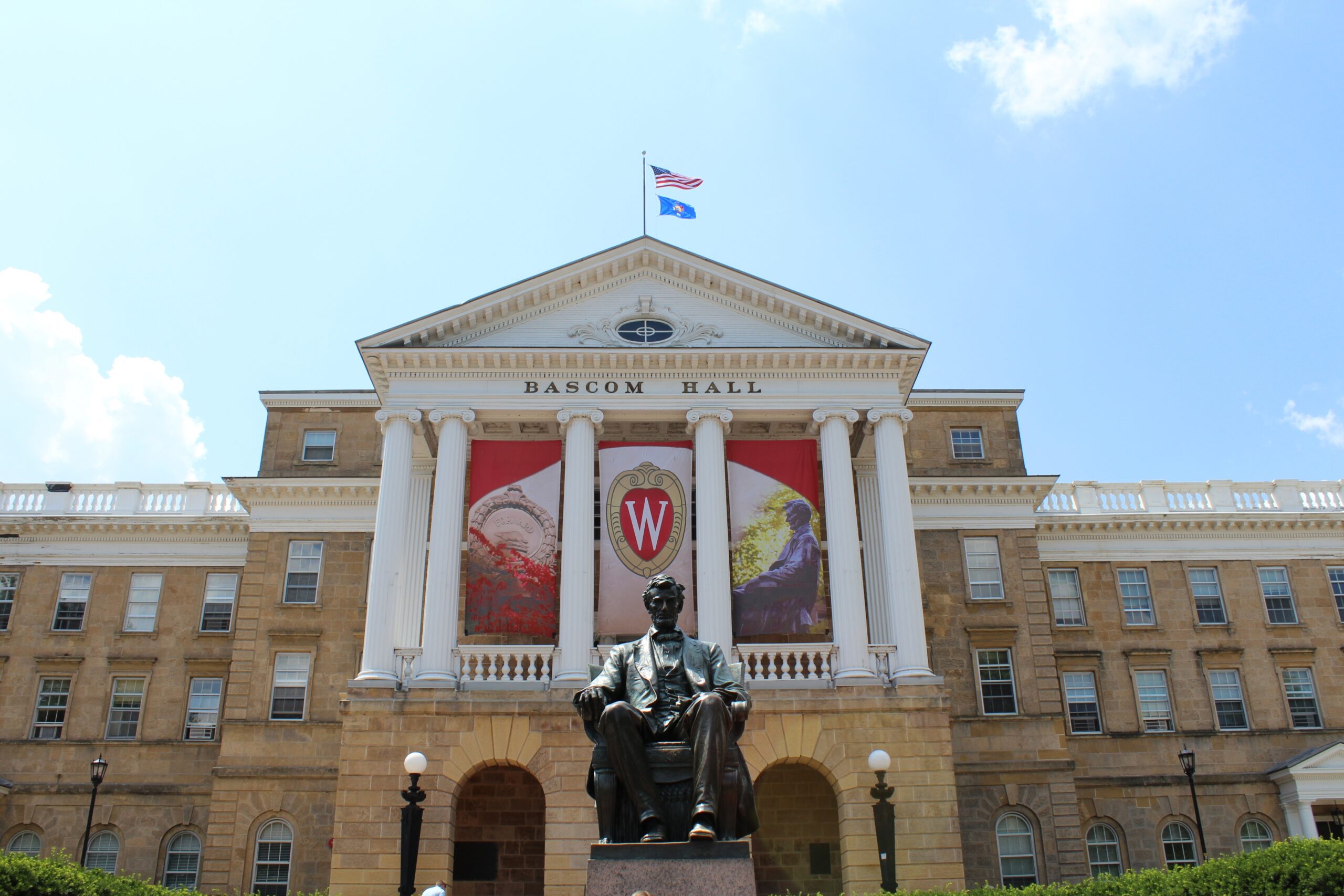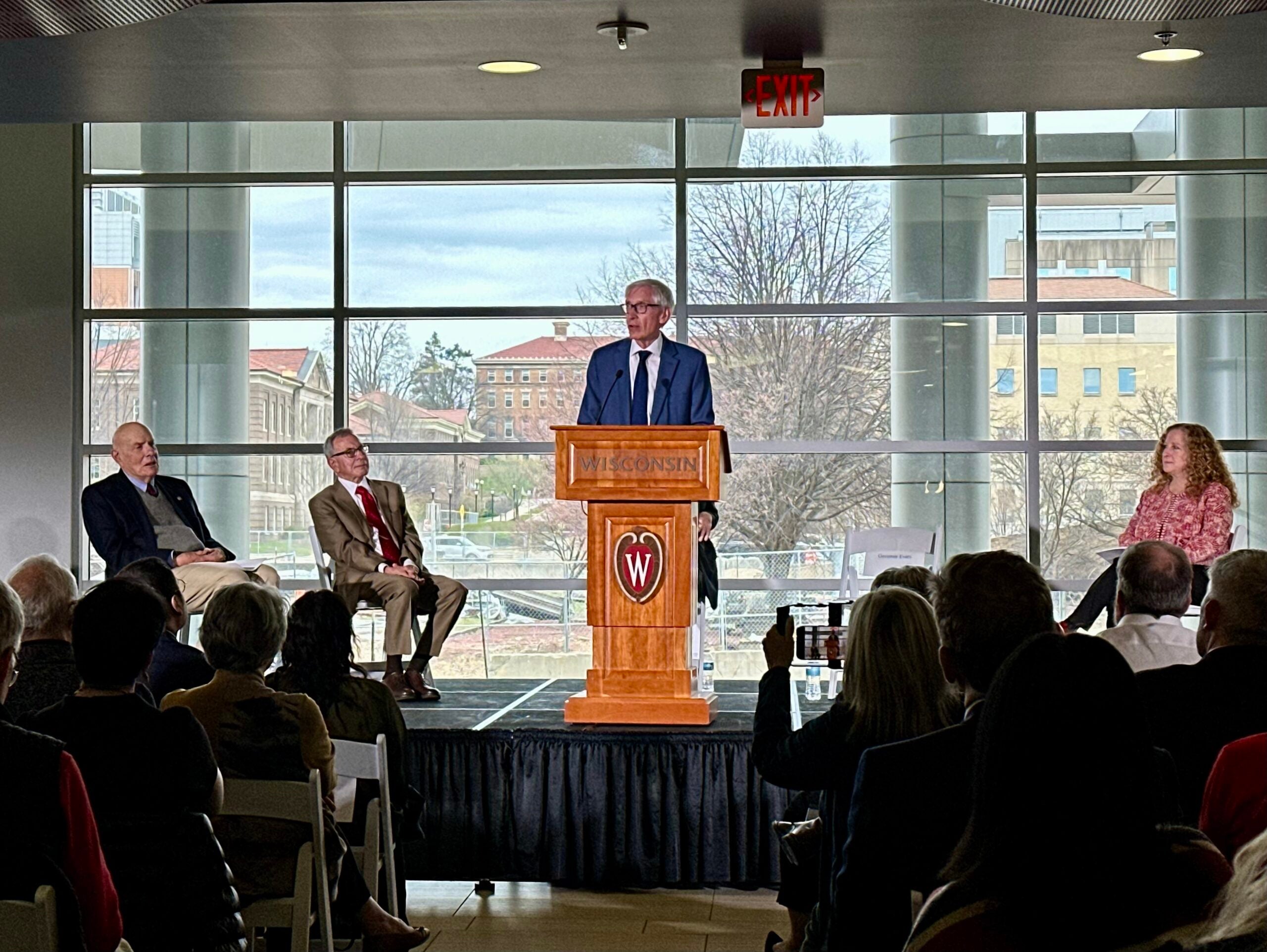Around $100 million in private donations for a planned engineering building at the University of Wisconsin-Madison are at risk after Republican lawmakers pulled the project from the state’s capital budget.
The $347 million engineering building has been up for legislative approval twice. It was first included in Gov. Tony Evers’ 2021-23 capital budget recommendations. Evers included the project again in his current $3.8 billion capital budget proposal.
Last week, GOP members of the Joint Finance Committee approved around $2.4 billion for capital building projects that included $285 million for a Camp Randall Sports Center replacement at UW-Madison and a $231million science building at UW-Eau Claire. But the engineering building — singled out as the top priority both for the university and for the UW System — was axed.
News with a little more humanity
WPR’s “Wisconsin Today” newsletter keeps you connected to the state you love without feeling overwhelmed. No paywall. No agenda. No corporate filter.
During the JFC session, Co-Chair Rep. Mark Born, R-Beaver Dam, didn’t say why GOP members voted to remove the building from the list of those funded, but said “it shouldn’t be surprising” that Republicans trimmed down Evers’ original request.
In a statement sent to Wisconsin Public Radio on Monday, Born said Evers’ capital budget “was unrealistic and spent beyond the state’s means.”
“The committee needed to right-size the capital budget, which means that some projects that were requested did not make it into the JFC version of the capital budget,” Born said. “The committee will again consider requests in the next capital budget.”
Two years ago, the representative was a supporter of the plan to expand the university’s engineering program. Born authored a bill to allocate $1 million to conduct planning and design of the UW-Madison engineering building. It passed and was signed into law in March 2022.
UW-Madison has said around 8,000 students apply to engineering programs at the university each year, but space constraints mean the campus can only admit around 1,200. At any given time, there are around 4,500 engineering students enrolled, the university said, while peer schools like Purdue University, the University of Illinois, Penn State and Michigan State have between 6,000 and 9,500 engineering students enrolled.
The new building, UW-Madison said, would allow the school to enroll an additional 1,000 undergraduate engineering students and enroll a total of 2,000 graduate students.
Around $100 million in private donations had already been pledged for the engineering building, according to the university. UW-Madison’s Wisconsin Foundation and Alumni Association spokesman Tod Pritchard told WPR much of that is at risk if lawmakers keep it out of the state budget.
“We continue to work to get the project funded, but if it is not funded in this cycle, facilities gifts for this Engineering building are indeed at risk of disappearing,” Pritchard said. “It would also make it more difficult to raise facilities funds in the future.”
A statement from UW-Madison Chancellor Jennifer Mnookin following the committee vote last week called it “a sad day” for the university, “but the real tragedy is for the state of Wisconsin.”
“This project continues to be a critical priority,” Mnookin added. “We will continue to advocate and work with legislative leadership so that UW–Madison and the College of Engineering can meet employer and student demand.”
A coalition of business groups, including the conservative Wisconsin Manufacturers and Commerce, had urged state lawmakers to fund the engineering building. A joint letter sent May 31 said the Legislature’s support would “make sure that the state’s top engineering program remains competitive for years.”
“UW–Madison engineering graduates are vital to the state’s economic development needs, but we need more of them to meet the increasing demand of Wisconsin employers,” the letter said. “We also need to increase innovative engineering research to drive innovation in many of the state’s leading industries including manufacturing, agriculture, biotech, construction and many more.”
A summary of UW-Madison’s 2020-21 engineering undergraduates showed more than 93 percent of graduates had accepted jobs in their field or graduate schools. Around 46 percent of those graduates were employed in Wisconsin, 12 percent were employed in Illinois and 9 percent were working in Minnesota. The average median salary for recent graduates who completed engineering undergraduate degrees was $69,000.
The Madison project was the top priority for the UW System. System President Jay Rothman told WPR he’s appreciative of the campus building projects that were approved by the GOP led Joint Finance Committee, but said the engineering building was key to address skilled workforce needs and growing Wisconsin’s economy.
“This seems to me to be precisely the type of project that the state would want to invest in because it is going to enhance the long term economic viability of our state,” Rothman said. “This is what you would expect the legislature really to get behind. And the fact that there is a significant amount of private support I think just speaks to that.”
Wisconsin Public Radio, © Copyright 2026, Board of Regents of the University of Wisconsin System and Wisconsin Educational Communications Board.

